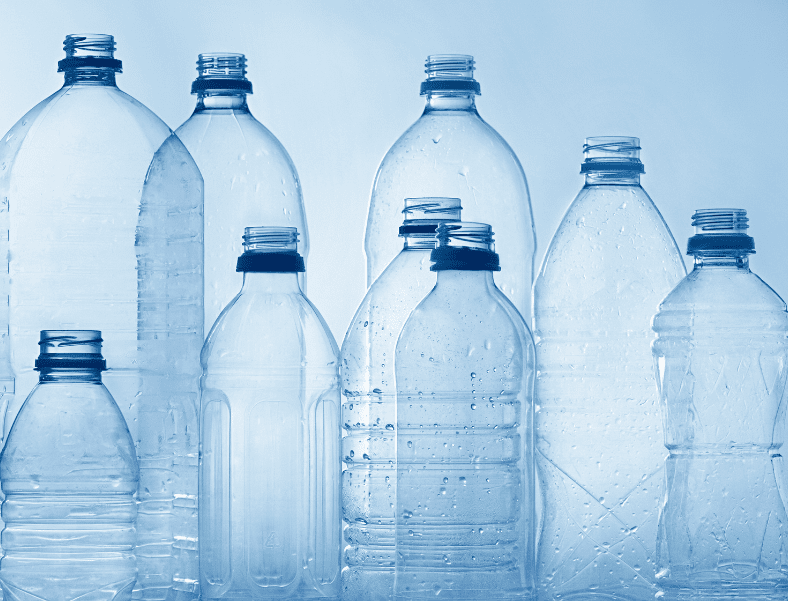The WasteMINZ Product Stewardship Sector Group and Territorial Authorities’ Officers Forum are disappointed by the Prime Minister’s announcement that the proposed Container Return Scheme will be put on ice for an undefined amount of time, to reduce costs.
Territorial Authorities’ Officers Forum member Jenny Elliot said the idea that a beverage container return scheme increases overall costs is based on a common misconception that the current kerbside recycling system is free for the householder.
In fact, the cost of kerbside recycling is solely on individuals and households, and not shared by the producers of the packaging.
“A container return scheme removes the cost burden from householders and makes it a shared cost between the producer of the packaging and beverage consumers,” Jenny said.
“Container return schemes have been widely and successfully implemented overseas and are a form of product stewardship where the manufacturer covers the lifecycle costs of a beverage container, the consumer pays a small deposit when they buy a beverage, which is fully refunded when they return the empty beverage container to a collection point. ”
In addition to the refundable deposit, the container return scheme includes a small fee for beverage producers that covers the cost of recycling the containers and takes this cost burden off councils, ratepayers and renters.
“This small fee helps to support community enterprises and the resource recovery sector to recycle containers, and everyday people who pick up litter, all of whom currently do this work without adequate compensation from the companies who make the packaging waste,” Jenny said.
Product Stewardship Sector Group chair Rob Wilson said overall, CRS is a cost-effective system that pays for itself, while producing better value for money than the status quo. Some overseas schemes have return rates of over 90% and clean, separated containers that can go to high quality recycling or even be reused.
This is a far cry from the current situation in New Zealand, where the community is paying for a system that sees approximately 1.7 billion beverage containers littered, stockpiled or landfilled each year, costing both people and planet.
A Container Return Scheme for NZ has been in development since 2019 when the Ministry for the Environment provided funding to a consortium to work with stakeholders to propose how the scheme may work.
The proposed CRS scheme was estimated to ensure an extra 1 billion beverage containers are recycled each year, rather than ending up in landfill or as litter. A cost-benefit analysis commissioned by the Government also found that society would be better off, to the tune of almost $1.4 billion over 30 years, with the proposed CRS rather than the business-as-usual situation.
“Increased recycling of beverage containers would mean fewer virgin materials need to be used to make new packaging. This is one of the many steps we need to take to decrease our carbon emissions and ensure the cost of living is not further impacted by the ongoing costs of the impact of climate change and the externalised costs of production,” Rob said.
“Deferring a CRS is a missed opportunity to visibly demonstrate a commitment to reducing our impact on the environment and taking responsibility for the packaging and goods we manufacture, consume and, ultimately, dispose of.”
As noted by Prime Minister Chris Hipkins, a CRS remains on the agenda, and the WasteMINZ Product Stewardship Sector Group and Territorial Authorities’ Officers Forum look forward to a timeline for the implementation of a CRS scheme.

